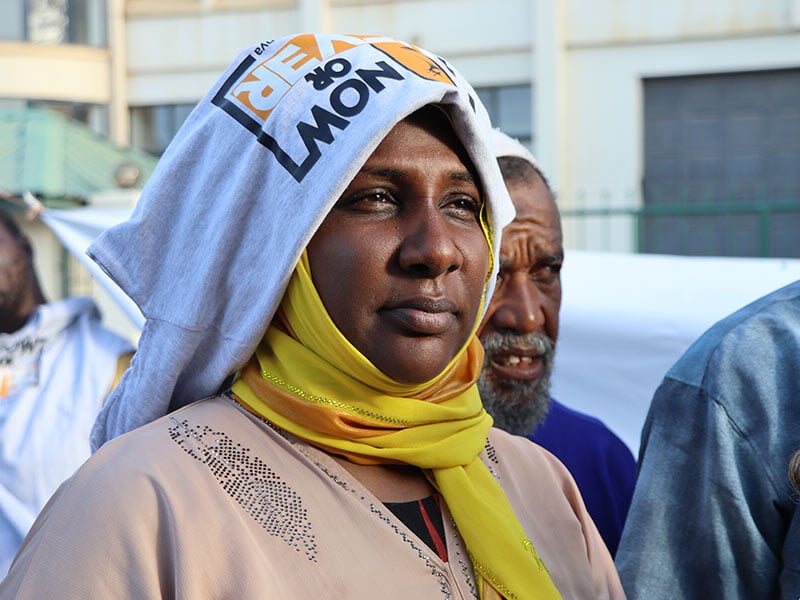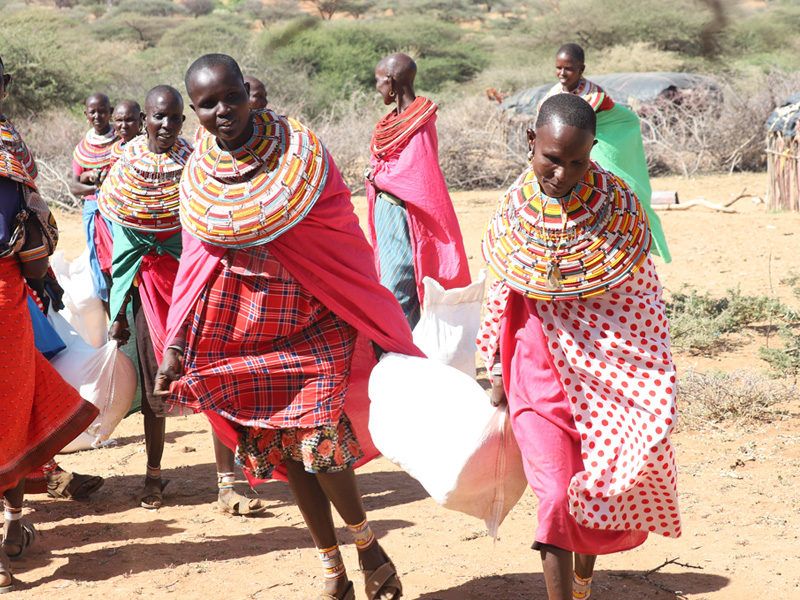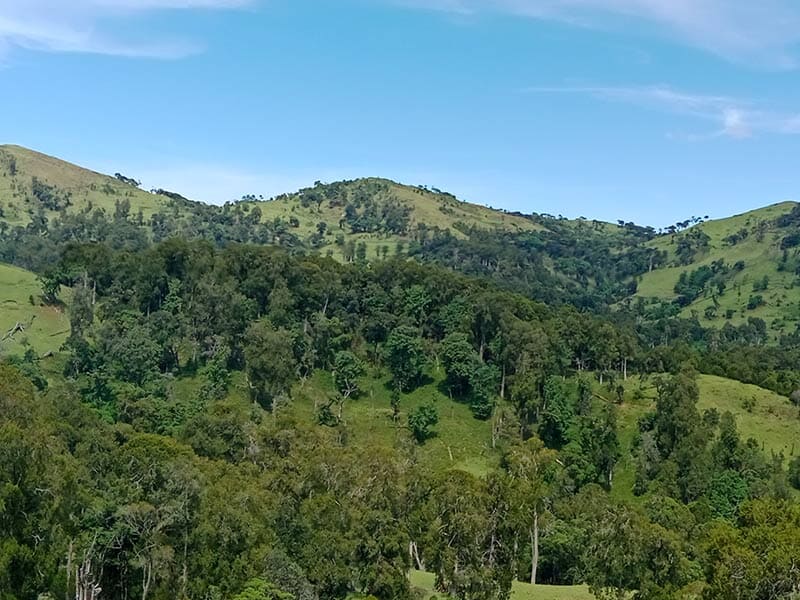For decades, Aon Changnam has dreamt of the open waters of his childhood. Aon was born into a community of Urak Laroi people, traditionally nomadic people that have populated Thai and Malaysian islands for countless generations. He grew up swimming and exploring, enjoying freshly seafood, and hiking through the dense forests of Koh Lanta, his home island in Thailand’s Andaman Sea.
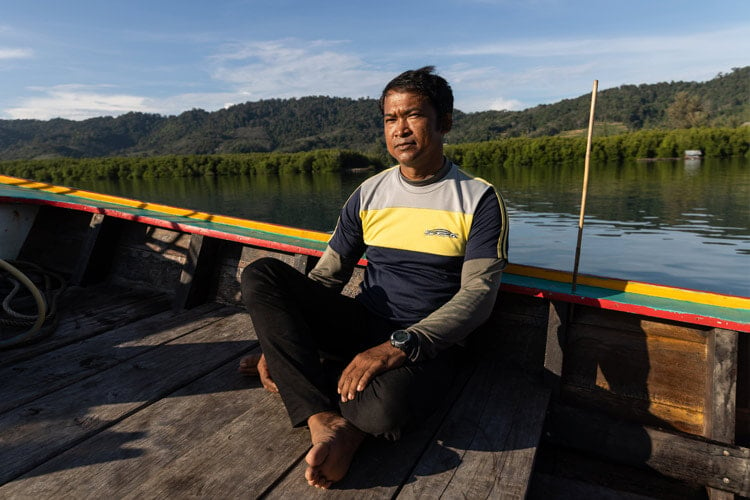
In recent decades, though, Thailand’s stringent regulations on seaside activity have wreaked havoc on the lives of Urak Lawoi people up and down the coast. In an effort to market itself as an eco-friendly nation, and boost tourism, Thailand has drastically limited where small-scale fishing communities can fish — even if, as Aon says, “We fish to feed our families, not empty the seas.” All the while, the country promotes industrial fishing operations that deplete the seas and push further and further into open ocean. This double standard is a clear violation of the human rights of Urak Lawoi communities.
But this summer, Thailand took a step towards justice for Urak Laroi communities and the dozens of other ethnic minority groups in the country, including about 6 million people. In August, Thai parliament passed the Act on the Protection and Promotion of the Way of Life of Ethnic Groups, a law that enshrines for ethnic minorities “the right to land, natural resources, and the environment as necessary for their subsistence or communal activities.”
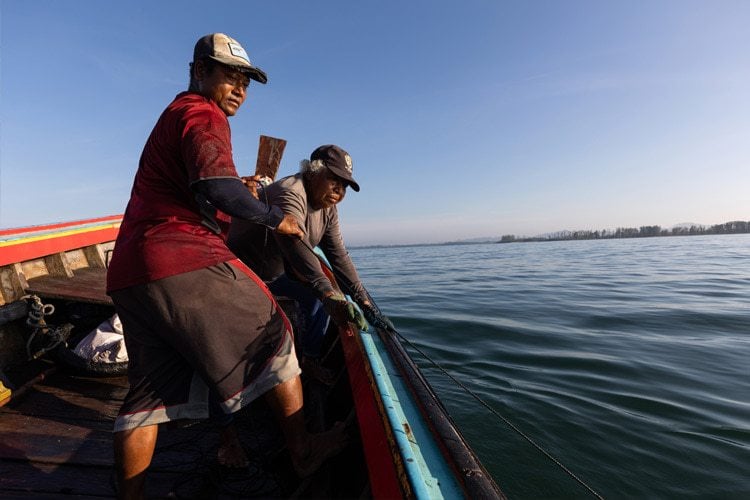
This law was passed thanks, in large part, to a social movement of minority communities and allies, strengthened and supported by AJWS grantee organizations — some of whom even helped draft the bill’s text. AJWS partner Save Andaman Network was a key part of this coalition, an organization that’s been on the frontlines of defense against harmful, industrial development along Thailand’s southern coast, including deep sea ports and coal-fired power plants, for nearly two decades. The network also educates and empowers local communities about natural resource management — meaning the sustainable ways to keep their natural ecosystems healthy while still relying on the sea for their food and livelihood.
“The law aims to improve [ethnic minority communities’] access to essential services and resources, including healthcare, housing, and land for livelihoods,” says SAN field coordinator Chanchai Yangdee. “It also supports economic development within their community and establishes cultural protection zones to preserve their unique heritage.”
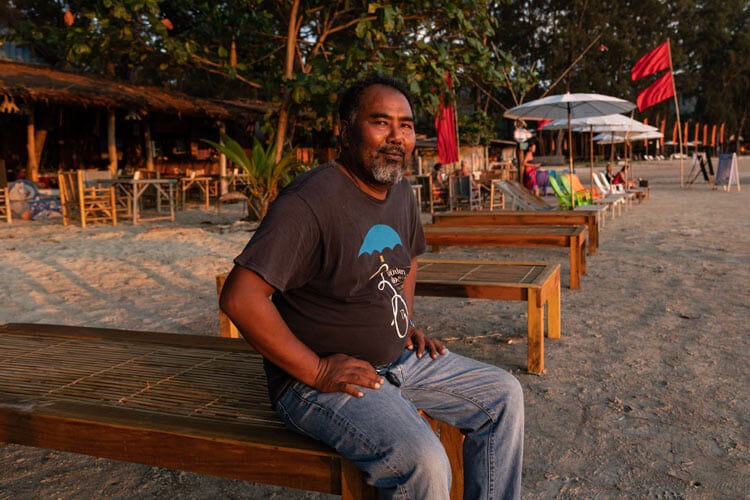
This means the law paves the way for Urak Laroi fishermen to return to the fishing waters of their ancestors, as well as sacred sites that the state has deemed off limits. For years, the waters around Koh Lanta have been designated as a protected conservation area — making it illegal for Aon and his community to fish, even though they’ve been sailing these waters for longer than Thailand has been a country.
“They just drew a big circle around Koh Lanta,” Aon says. “Authorities never came and consulted our community. We were never asked. The government imposes laws without considering our lives, our rights, our lifestyle.”
Urak Lawoi people believe that everything on earth has a unique spirit worthy of reverence and respect; they ask forgiveness to the fish they catch that will feed their families. In many cases, Thailand’s zoning of protected waters bans these nomadic people from accessing places with high spiritual significance.
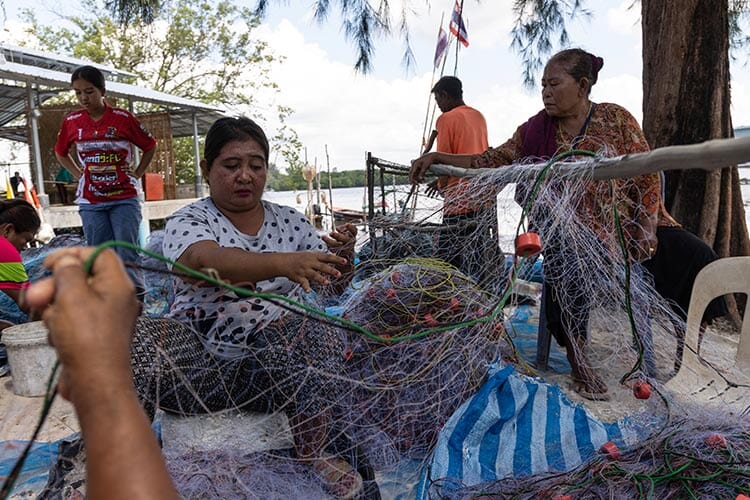
“Every community deserves protection. But in Thailand, injustice has been passed on generation to generation,” says Aon. “All we’ve asked for is dignity.”
AJWS’s human rights expert in Thailand, who must remain anonymous for their security, is hopeful but realistic, explaining that while the law creates a framework for the rights, resources and cultures of ethnic minorities to be respected and protected, Thai authorities will need to implement it for true change to occur. AJWS will remain steadfast in our support of SAN and other partners pressuring the government to fulfill this groundbreaking law — a slow but steady fight for justice, to be sure.
“Most funders only want to address the emerging issues — the hot topics, the headlines,” says Chanchai. “Only AJWS supports the slow-burning issues, the long fights against government projects. AJWS allows us to tackle these core issues, as well as put out new fires when they spark.”


